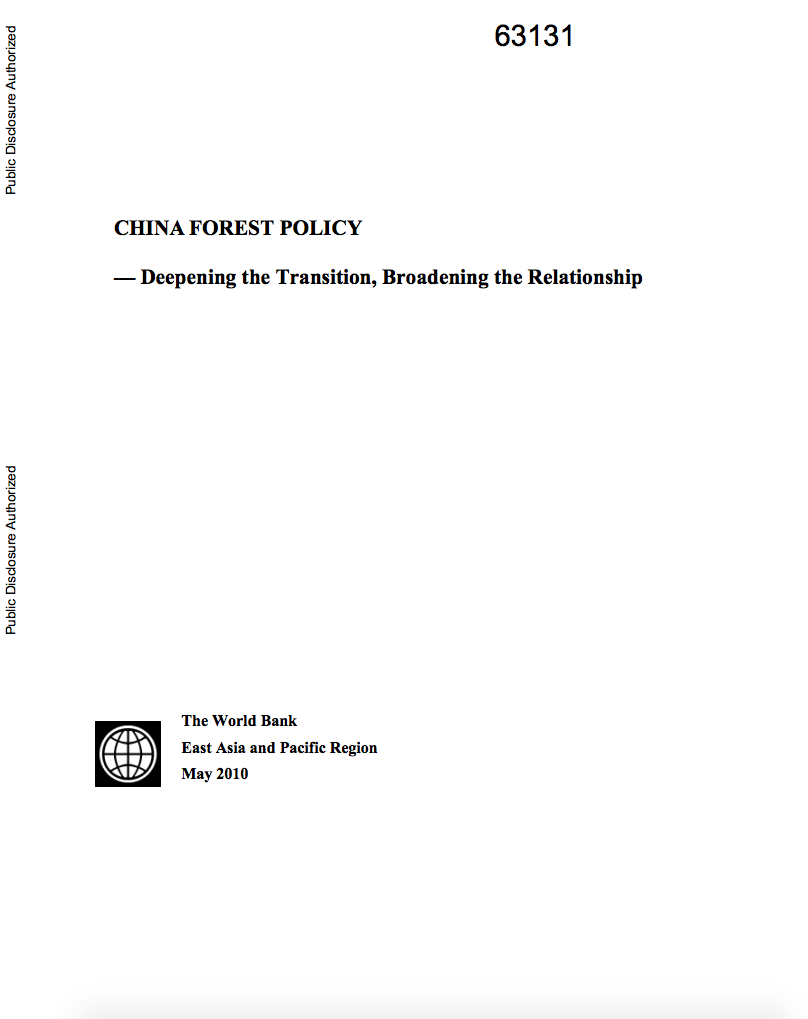Berg Water Project : Communication
Practices for Governance and Sustainability Improvement
The past decade has witnessed a major
global shift in thinking about water, including the role
that water infrastructure plays in sustainable development.
This rethinking aims to better balance the social, economic,
and environmental performance aspects in the development and
management of large dams. Additionally, it reinforces
efforts to combat poverty by ensuring more equitable access
to water and energy services. There is also growing


